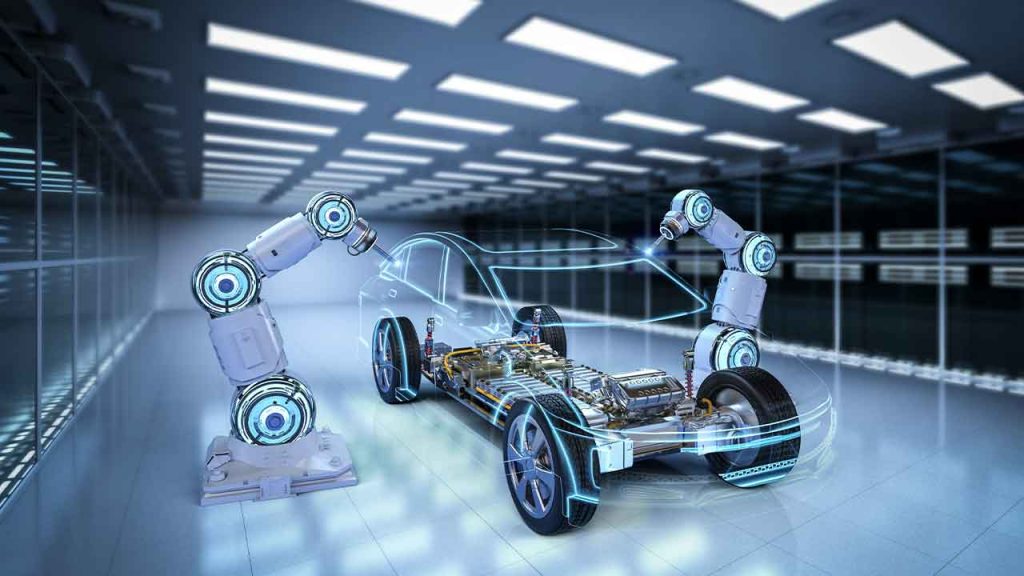As manufacturing becomes increasingly digital and sustainability-focused, automotive leaders are confronting new pressures that reach far beyond the factory floor. In a recent interview at the MES & Industry 4.0 Summit in Porto, Dr. Thomas Kaufmann, Executive VP & COO of Infineon’s Automotive Division, outlined several emerging challenges—and opportunities—that are redefining the future of industrial operations.
From Product to Process: Data Transparency Is No Longer Optional
A growing demand from OEMs and regulators—particularly in Europe—is pushing manufacturers to prove not just how efficiently they operate but how sustainably. This requires a new level of data transparency across the entire lifecycle of a product.
While most manufacturers can report on Scope 1, 2, and 3 emissions at a company level, customers are increasingly asking: What is the carbon footprint of the individual product you’re shipping to us?
To meet that expectation, companies are working to integrate carbon footprint data with existing operational and supply chain systems. In many cases, this information is expected to move alongside product data—from supplier to customer—via ERP systems. However, unresolved issues around data ownership, sharing protocols, and system interoperability remain key challenges.
Software-Defined Vehicles Are Changing Semiconductor Lifecycles
The move toward software-defined vehicles is accelerating the pace of innovation—but also compressing the lifecycle of semiconductor components. Where 20-25 years used to be the norm, lifecycles are now shrinking to just a few years—or even months—for certain devices.
This shift is creating tension. On one hand, automakers want fast access to newer, smarter chips. On the other, semiconductors must remain available for legacy platforms still in production. The result: manufacturers must maintain older components while scaling new ones at unprecedented speed.
It’s a dual challenge of agility and longevity, with significant implications for inventory management, production capacity, and margin optimization.
AI in Manufacturing: Speed Without Sacrificing Trust
Artificial intelligence is emerging as a powerful tool to address complexity across distributed operations. In maintenance, AI-powered chatbots are already assisting engineers by analyzing past incidents and suggesting repair actions. In testing, AI systems are beginning to identify redundant quality checks—allowing for smarter, faster decisions.
But the key hurdle remains trust. Most AI models used in industry are non-deterministic, meaning they can’t always explain their conclusions. That’s a problem in high-stakes environments like automotive, where reliability is paramount.
To address this, companies are using AI systems as advisors rather than autonomous decision-makers. Engineers remain in control, reviewing recommendations and validating actions. Decision trails are documented to ensure traceability and compliance.
What’s Next: Trust, Traceability, and Faster Innovation
Looking ahead, manufacturers must invest in digital systems that enable faster product development, shorter manufacturing cycles, and full lifecycle transparency. That means building on AI capabilities—while maintaining human oversight—and integrating CO₂ and operational data across enterprise systems.
Perhaps most importantly, it means creating a new culture of trust between systems, between partners, and between humans and machines.
About the author
Lucian Fogoros is the Co-founder of IIoT World
Related articles:
